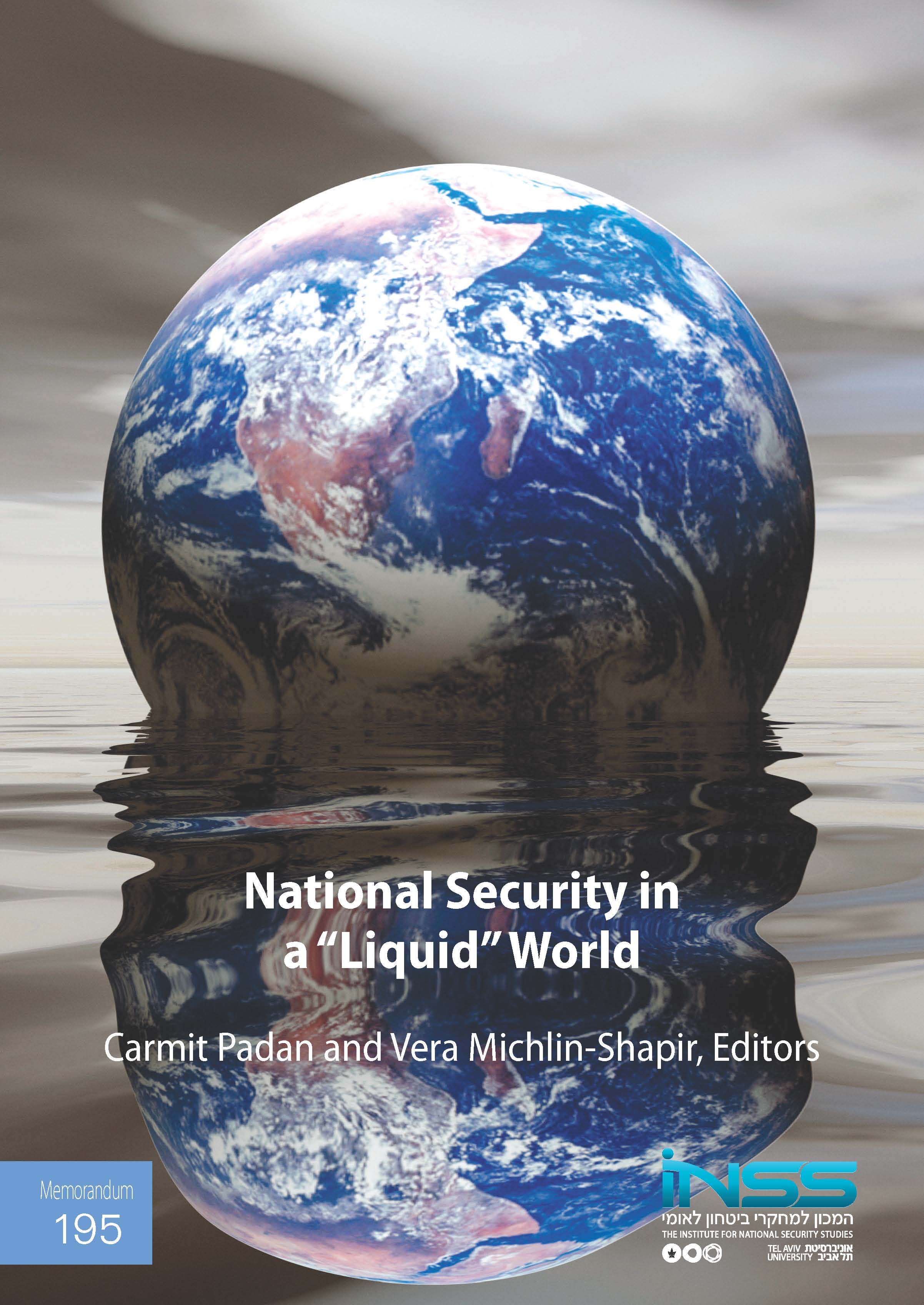Publications
Memorandum No. 195, INSS, October 2019

What role do civil society agents play in diplomatic processes in an era defined by increasing civil power? The current paper analyzes civil society action in the UN Human Rights Council vis-à-vis Israel during 2016 as a case study to assess civil society action conducted by activists who venture into diplomatic processes once reserved solely for professionally trained, official diplomats. The paper’s central claims are that official players and civil society actors share the same spheres of activity, and that alongside any military confrontation, states face a battle of ideas in the international arena. The paper begins with a theoretical introduction addressing changes in diplomacy, the rise of global civil society non-state actors, the UN Human Rights Council as a hub for civil society action, and the evolvement of national security discourse. This is followed by an analysis of the Israeli case study, which consists of two parts: the first deals with the importance of Israel’s standing in the international arena to Israel’s national security, and the second comprises an empirical analysis of statements (n=52) submitted to the Human Rights Council by civil society organizations with UN consultative status vis-à-vis Israel during 2016. The paper ends with a discussion and policy recommendations.


